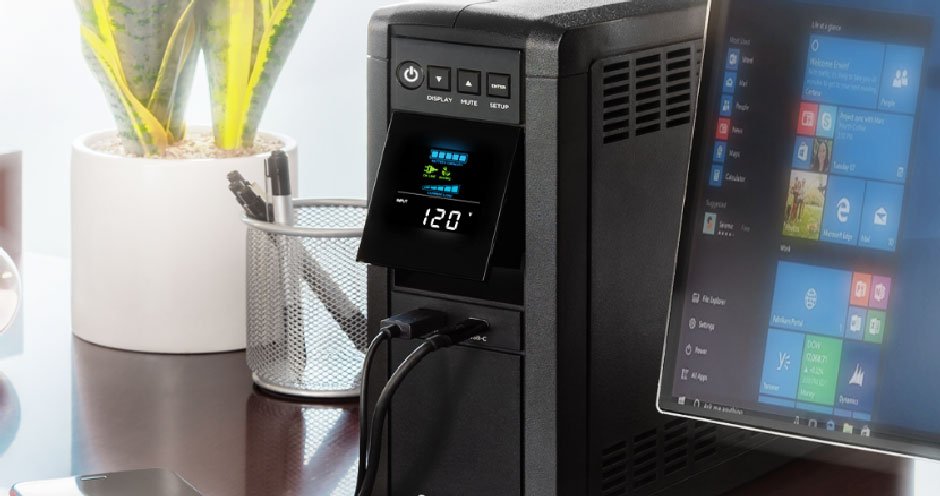Skip to the good bit
ToggleCertainly! In various capacities, a UPS power supply has its requirements in view of anything that relies on technology, be it the household, office, or core industries. Basically, it serves as a standby battery that feeds your equipment during power failures, surges, and fluctuations. It also provides protection for sensitive equipment beyond just keeping a computer turned on, preventing data loss from interruptions, and increasing the lifespan of your electronics.
What Exactly Is a UPS Power Supply?
An Uninterrupted Power Supply System (UPS) comprises several different layers. An unpredictable electric supply stands between your equipment and the UPS. The UPS immediately starts to supply power once the main source of power fails, but only for a very brief time that enables one to save any work that needs to be saved, shut down systems, and/or switch to an available generator.
UPS systems come in different sizes and capacities, from small desktop units to large-scale industrial solutions.
Why You Should Invest in One
Having a UPS is not just about convenience—it’s about safeguarding your tech investment. A UPS gives you ample time to save what you’re working on.
- Prevents Data Loss – Sudden shutdowns can corrupt files or damage systems. A UPS gives you critical time to save work.
- Protects Equipment – Electrical fluctuations and surges would age sensitive electronics; a UPS helps regulate and stabilise them from conception to delivery.
- Doing Remote Work – At hybrid working, UPS maintains video calling, uninterrupted file transfers, and all kinds of productive work.
- Business Protection – Power cuts don’t have to mean downtime; a UPS keeps essential systems running.
- Peace of Mind – No more panicking when the lights flicker or the power cuts unexpectedly.
Types of UPS Systems
Based on your requirements, the main selection of power supplies comprises three options:
- Standby or Offline UPS – It is for small and home offices and switches to batteries in case of power failures.
- Line-Interactive UPS – In case of voltage fluctuations, it offers superior protection than the standard UPS, and hence, it is for SMEs and tech-heavy home environments.
- Online UPS – Provides continuous, clean power without any switchover delay, making it the go-to for data centres and mission-critical industries.
Selecting the Right UPS
When selecting a UPS, consider the following:
- Power Capacity (VA/Watt Rating) – The UPS rating must be matched to the total power consumption of your devices.
- Battery Runtime – How long should your equipment be able to run in case of an outage?
- Outlets and Ports – Count connections against your setup.
- Additional Features – If possible, ensure protection against surges, an LCD, and smart monitoring software.
Power Up, Stay Protected!
Imagine wanting to stream something online when the power goes out for that single moment. Just a few minutes of downtime could cost you money, especially with the speed at which things are happening now. A good UPS protection should give us the power to charge, save important data, and work uninterrupted whenever the unexpected happens. Be it a student, a professional, or a business owner, buying a UPS is a necessity, not a luxury. This is where UPS steps in to help keep you powered, no matter the disruption. Get yours today!







